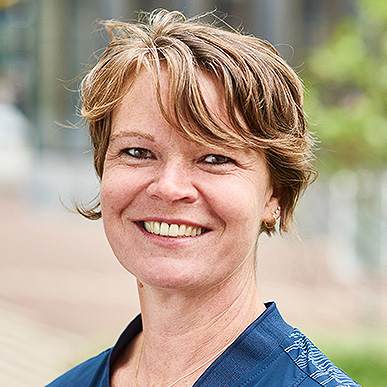How Ataya works: One presenter and their work – in exchange with the audience. Each Ataya session engages with selected work by the presenter (a text, artwork, performance, even food). The presenter introduces their work and grounds the subsequent discussion with the participants. For best engagement, we recommend participants to view the work (made available in advance on our website) before the session. More on the Ataya Series
Ataya: HUMA Interdisciplinary Seminar Series

Speaker and presenter: Rachel Spronk (University of Amsterdam, Netherlands)
Project/Paper: ‘Frontiers and pioneers in (the study of) queer experiences in Africa – introduction’ by Rachel Spronk and S. N. Nyeck in Africa, 91(3) 2021.
Bio: Rachel Spronk is an Associate Professor in the Department of Anthropology at the University of Amsterdam. She works at the intersection of three scholarly fields – anthropology, gender and sexuality studies, and African studies. In her work, she combines the ethnographic study of practices and self-perceptions with the task of rethinking our theoretical repertoires.
Topic: During this meeting I would like to pick your brains and share some thinking-in-progress with you. I understand that the Ataya meetings are an excellent forum to do so. I am interested to discuss the following tension in our métier. An important motivation in academic praxis is analysing how power unfolds and how people are differently affected depending on their position in the social fabric. Critical thinking continues to uncover the nefarious, dark side of the political economy, culture or politics. While this has generated important understandings and testifies to the indispensable position of academia in (global) politics, in this paper I would like to discuss the effects on the production of knowledge when only focussing on social injustice. It presents us with dilemmas: while we need to examine the harmful consequences of certain matters, it also tends to lead to partial knowledge, resulting in particular representations of ‘Africa’ as a country and, moreover, hindering to differentiate the often paradoxical nature of everyday life. People’s lives do not unfold in linear progressive or coherent ways that critical thinking often assumes. By drawing on my studies on the middle classes and on sexuality, two seemingly different matters, I want to argue that we cannot but redirect our focus of inquiry to the messiness of life and include the everyday, cultural and societal contradictions in our analyses. Yet, this often sits uncomfortably with approaches featuring social injustice. The text I am pre-circulating for this seminar, on queer experiences in Africa, will inform this broader discussion.
